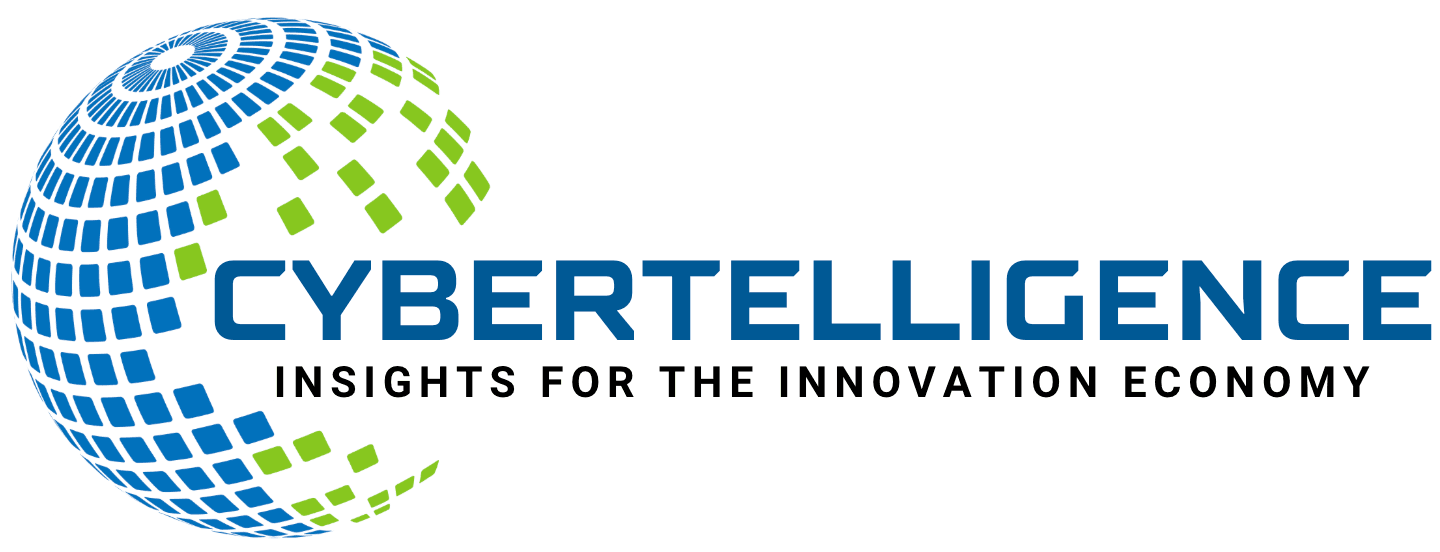Artificial Intelligence, or AI, is a branch of computer science that focuses on creating intelligent machines that can perform tasks that typically require human intelligence. These tasks can include things like visual perception, speech recognition, decision-making, and language translation. AI works by using algorithms and data to enable machines to learn from experience, adapt to new inputs, and perform human-like tasks.
There are several different types of AI, including narrow AI, which is designed to perform a specific task, and general AI, which is designed to perform any intellectual task that a human can do. Machine learning is a subset of AI that focuses on enabling machines to learn from data without being explicitly programmed. Deep learning is another subset of AI that uses neural networks to simulate human decision-making.
Overall, AI works by processing large amounts of data and using it to make predictions, recognize patterns, and make decisions. This can be incredibly powerful for businesses, as it can help automate tasks, improve decision-making, and drive innovation.
Identifying Opportunities for AI in Your Small Business: Where Can AI Make an Impact?
There are numerous opportunities for small businesses to leverage AI to improve their operations and drive growth. One area where AI can make a significant impact is in customer service. AI-powered chatbots can provide instant support to customers, answer common questions, and even handle basic transactions. This can help businesses provide better service to their customers while also freeing up human employees to focus on more complex tasks.
Another area where AI can make a big impact is in marketing and sales. AI can analyze customer data to identify trends and preferences, personalize marketing messages, and even predict which leads are most likely to convert into customers. This can help businesses improve their marketing ROI and drive more sales.
Additionally, AI can be used to automate repetitive tasks, such as data entry, scheduling, and inventory management. This can help businesses save time and reduce the risk of human error. Overall, there are countless opportunities for small businesses to leverage AI to improve efficiency, reduce costs, and drive growth.
Choosing the Right AI Tools for Your Business: What to Consider When Selecting AI Solutions
When selecting AI tools for your small business, it’s important to consider a few key factors to ensure that you choose the right solution for your needs. One important factor to consider is the specific problem or opportunity that you want to address with AI. Different AI tools are designed to solve different types of problems, so it’s important to choose a tool that aligns with your specific goals.
Another important factor to consider is the level of expertise required to use the AI tool. Some AI tools are designed for users with little technical expertise, while others require advanced programming skills. It’s important to choose a tool that matches the skill level of your team to ensure successful implementation.
Additionally, it’s important to consider the scalability of the AI tool. As your business grows, you may need to process larger amounts of data or handle more complex tasks. It’s important to choose an AI tool that can scale with your business to avoid the need for costly replacements down the line.
Implementing AI in Your Small Business: Steps for Integrating AI into Your Operations
Once you’ve chosen the right AI tools for your small business, it’s time to start implementing them into your operations. The first step in implementing AI is to define clear objectives for how you want to use the technology. This could include things like improving customer service, automating repetitive tasks, or optimizing marketing campaigns.
Next, you’ll need to prepare your data for use with the AI tools. This may involve cleaning and organizing your data to ensure that it’s accurate and complete. You may also need to collect additional data if you don’t have enough information to train the AI models.
After preparing your data, you’ll need to train the AI models using machine learning algorithms. This involves feeding the models with labeled data so that they can learn from patterns and make predictions. Once the models are trained, you can start using them to make decisions and automate tasks within your business.
It’s important to monitor the performance of your AI models and make adjustments as needed. This may involve retraining the models with new data or fine-tuning their parameters to improve accuracy. Overall, implementing AI into your small business requires careful planning and ongoing maintenance to ensure success.
Overcoming Challenges in AI Implementation: Common Obstacles and How to Address Them
While implementing AI into your small business can offer numerous benefits, it’s not without its challenges. One common obstacle is the lack of quality data. AI models rely on large amounts of high-quality data to make accurate predictions and decisions. If your business doesn’t have access to this type of data, it can be difficult to achieve meaningful results with AI.
Another common challenge is the lack of expertise within your team. Implementing AI requires a certain level of technical expertise, including knowledge of machine learning algorithms, programming languages, and data analysis techniques. If your team lacks these skills, it can be difficult to effectively implement and maintain AI solutions.
Additionally, there may be resistance from employees who are concerned about their jobs being replaced by AI. It’s important to communicate with your team about the benefits of AI and how it can help them be more productive and focus on higher-value tasks.
To address these challenges, it’s important to invest in training and education for your team so that they have the skills needed to work with AI tools. You may also need to invest in data collection and management processes to ensure that you have access to high-quality data for training your AI models.
Measuring the Impact of AI on Your Business: Key Metrics for Evaluating AI Performance
Once you’ve implemented AI into your small business, it’s important to measure its impact on your operations. There are several key metrics that you can use to evaluate the performance of your AI solutions.
One important metric is accuracy, which measures how often your AI models make correct predictions or decisions. This can help you understand how reliable your AI solutions are and identify areas for improvement.
Another important metric is efficiency, which measures how quickly your AI solutions can perform tasks compared to human employees or traditional software solutions. This can help you understand how much time and resources you’re saving by using AI.
Additionally, you may want to measure customer satisfaction or employee satisfaction with your AI solutions. This can help you understand how well your AI tools are meeting the needs of your stakeholders and identify areas for improvement.
Overall, measuring the impact of AI on your business requires careful tracking of key metrics and ongoing evaluation of performance. This can help you identify areas for improvement and ensure that you’re getting the most value from your investment in AI.
Looking to the Future: How AI is Shaping the Small Business Landscape
As technology continues to advance, the role of AI in shaping the small business landscape is only expected to grow. In the future, we can expect to see even more powerful and sophisticated AI tools that can help small businesses automate even more tasks, make more accurate predictions, and drive even more innovation.
One area where we can expect to see significant growth is in the use of AI for personalized customer experiences. As businesses collect more data about their customers, they’ll be able to use AI to deliver highly personalized products and services that meet individual needs and preferences.
Additionally, we can expect to see more widespread adoption of AI-powered automation tools that can handle complex tasks such as inventory management, supply chain optimization, and financial forecasting. This can help small businesses operate more efficiently and reduce costs.
Overall, the future of AI in shaping the small business landscape looks incredibly promising. By embracing these technologies and staying ahead of the curve, small businesses can position themselves for long-term success in an increasingly competitive marketplace.




